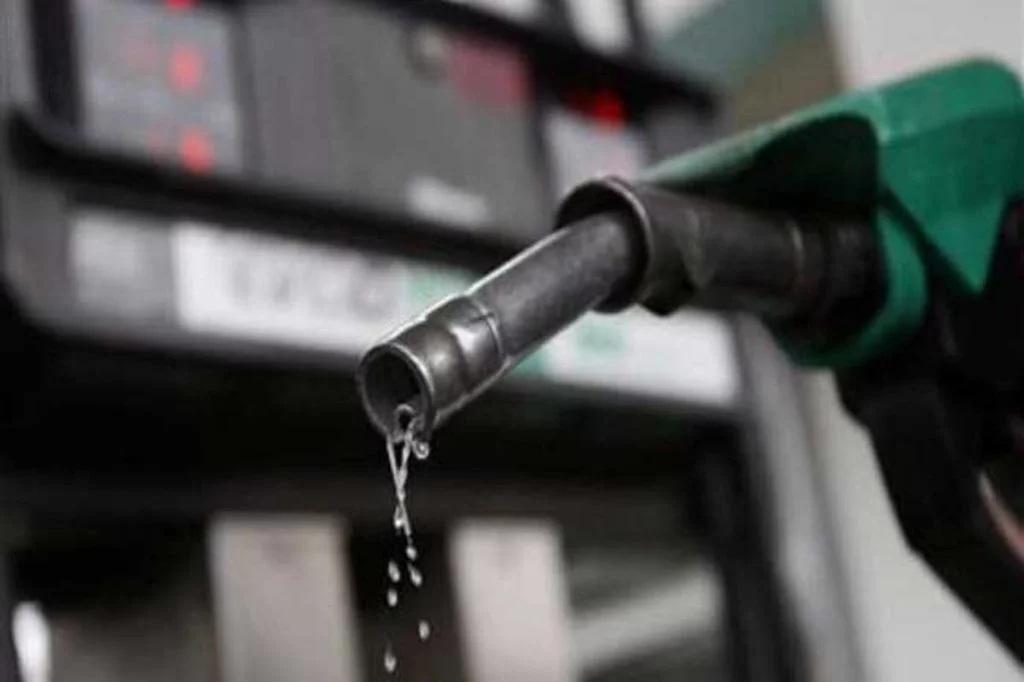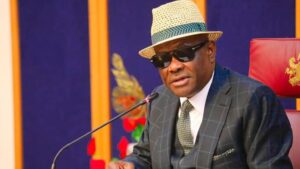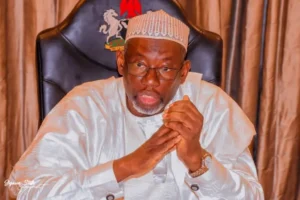The price of petrol in Nigeria may soon increase due to a rise in the cost of crude oil. Brent crude oil, one of the key global benchmarks, has surged to $81.09 per barrel, up from $76 last week.
The Nigerian government had set its 2025 budget benchmark for crude oil at $75 per barrel. However, geopolitical tensions, including sanctions on Russian oil exports, have disrupted supply and pushed prices higher.
The increase in crude oil prices may affect the ex-depot prices of petrol, which is the price at which fuel is sold to marketers before reaching the public. Reports indicate that diesel prices in Lagos depots have already risen by ₦70 per litre, from ₦1,050 to ₦1,120.
Data from the Major Energies Marketers Association of Nigeria on December 19, 2024, revealed that the landing cost of petrol was ₦887.51 per litre. With the recent rise in crude oil prices, this cost is expected to go even higher.
Nigerians recently experienced a slight drop in petrol prices. In 2024, the Dangote Refinery and Nigerian National Petroleum Company Limited reduced the ex-depot price of petrol, bringing retail prices down to ₦935–₦965 per litre from ₦1,040 per litre. Currently, petrol prices across the country range between ₦935 and ₦1,100 per litre.
A potential rise in petrol prices is likely to worsen the cost of living. Higher fuel costs often lead to an increase in the prices of goods and services, putting additional pressure on households. As of November 2024, Nigeria’s inflation rate was 34.60%, with food inflation reaching 39.93%.







